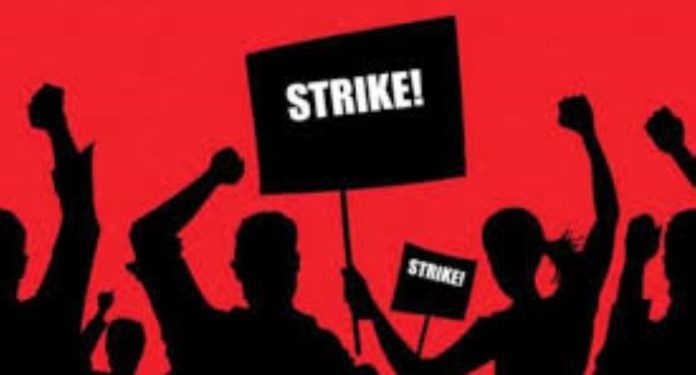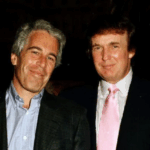The Local Government Service Workers’ Union (LGSWU) has publicly distanced itself from a nationwide strike initiated by the Civil and Local Government Staff Association of Ghana (CLOGSAG), declaring its members will continue work despite escalating tensions over a controversial government appointment.
The strike, launched Thursday by CLOGSAG, protests the selection of Samuel Adom Botchway as Registrar of the Births and Deaths Registry, a move the association claims violates a Supreme Court ban on civil servants engaging in partisan politics.
CLOGSAG’s General Secretary, Isaac Bampoe Addo, has framed the strike as a defense of institutional neutrality, arguing Botchway’s appointment risks politicizing a critical public service. “This is about upholding the rule of law,” Addo stated, referencing the court’s 2023 ruling barring civil servants from active political roles. However, the LGSWU, representing a significant bloc of local government employees, has opted out of the industrial action, citing an ongoing legal challenge to the appointment.
In a Friday statement, the LGSWU emphasized its decision followed “extensive consultations” with regional councils and members. “While we acknowledge concerns raised by CLOGSAG, our union cannot ethically join a strike while the matter is sub judice,” the statement read. It further directed members to report to work “without disruption,” signaling a rare public rift between two major public sector unions.
The disagreement highlights broader debates over labor solidarity and legal strategy in Ghana’s governance landscape. Analysts note that while CLOGSAG’s strike leverages immediate collective action to pressure the government, the LGSWU’s caution reflects a calculated bet on judicial resolution—a tension familiar in Ghanaian labor disputes. “This split isn’t just procedural; it’s ideological,” said Accra-based labor researcher Efua Mensah. “One side prioritizes street-level pressure, the other institutional due process. Both strategies have risks.”
The government has yet to formally respond to the strike, though insiders suggest officials are monitoring its impact. With the LGSWU’s non-participation, the strike’s effectiveness may hinge on public sympathy and the judiciary’s responsiveness. For now, the standoff underscores a recurring challenge in Ghana’s democracy: balancing political accountability with respect for legal frameworks—a tightrope walk that continues to test unions and leaders alike.
- President Commissions 36.5 Million Dollars Hospital In The Tain District
- You Will Not Go Free For Killing An Hard Working MP – Akufo-Addo To MP’s Killer
- I Will Lead You To Victory – Ato Forson Assures NDC Supporters
Visit Our Social Media for More





